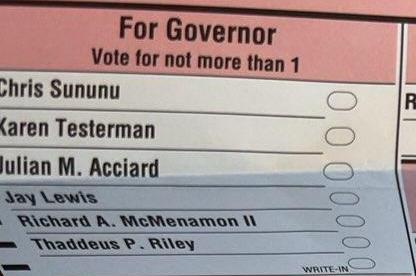Windham’s Election Woes Continue, Town Holds Snap Reconciliation
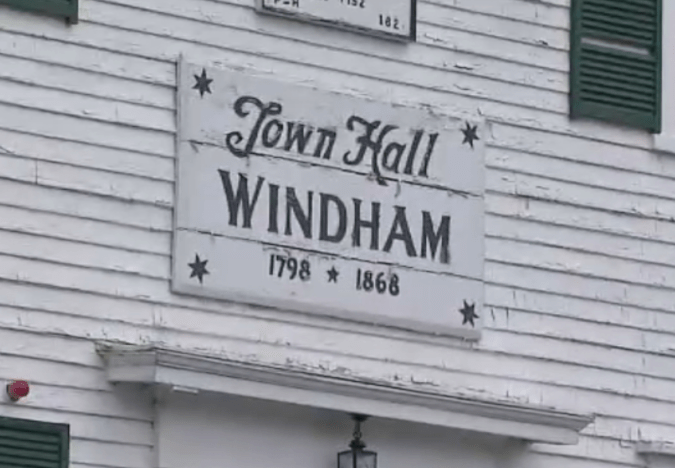
Windham’s streak of questionable election conduct continues. On Tuesday, officials held a vote reconciliation without informing the New Hampshire secretary of state or the public to double-check the totals from the March 12 town elections.
Town residents began contacting NHJournal Tuesday morning when a posting appeared claiming to be a “legal notice” that the town of Windham “will perform an election reconciliation [sic] the March 12, 2024 Election.”
“The public is encouraged to observe this process,” the notice added. To do that, several residents groused, they would have to know about it in advance.
Windham’s municipal elections were already under stress after both the Town Clerk Nicole Merrill and Deputy Town Clerk Hannah Davis announced two weeks before they were vacating their posts as of Election Day, March 12. Merrill cited health concerns for her departure, and Davis blamed pressure and a lack of support from superiors as driving her exit.
NHJournal contacted the town clerk’s office Tuesday and was told the decision to hold the reconciliation was made the night before. A source in the Secretary of State’s office, which oversees the state’s election, said they were unaware a reconciliation was being conducted.
The last election official left in town, Town Moderator Peter Griffin, did not respond to repeated requests for comment.
Vote reconciliations are typically conducted immediately after election polls close, votes are counted, and official results are reported. Officials compare votes, voters, and ballots cast to ensure accurate totals are reported.
Tom Murray, co-founder of the far-right Government Integrity Project, says there are concerns about Windham’s handling of the election. He says the results reported on election night were inaccurate, for example.
“The school moderator, Betty Dunn, who was on the ballot seeking reelection, was handling ballots that she appears on as a candidate during election night,” Murray said. He also claimed Dunn “has been involved in multiple unofficial recount/reconciliation efforts outside of the public.” Plus, he pointed out that the town’s notice for the reconciliation “did not meet the 24-hour requirement.”
And, Murray said, he will be asking for a recount of the March 12 election.
Murray told NHJournal that nobody is arguing that any election’s outcome will be changed. Instead, he said, it’s time for the town to finally admit—after five troubled election cycles in a row—that there’s a fundamental problem with its elections.
“It’s just incompetence,” Murray said. “They don’t know what they’re doing.”
Perhaps unrelated, Windham’s Board of Selectmen is meeting Wednesday evening in a non-public session. The board’s meeting notice cites RSA 91-A:3 II (a) as the legal justification for the non-public meeting. That section of the state’s Right to Know law allows public bodies to meet behind closed doors to discuss “the dismissal, promotion, or compensation of any public employee or the disciplining of such employee, or the investigation of any charges against him or her.”
Windham is no stranger to election issues. Unusual results in the 2020 election fed into national election conspiracies, and the state issued multiple warnings, including a rebuke for sloppy practices in the 2022 state primary.
When Windham became part of former President Donald Trump’s false claims about the 2020 election being stolen, an expansive and controversial audit of the Windham ballots found human error to blame. The 2020 audit report stated several hundred absentee ballots had been machine-folded as part of the mailing process. “That folding machine, leased by the town for other purposes, did not fold ballots along the score lines between vote targets, where the ballots were designed to be folded,” according to the audit. “Instead, it often folded ballots through vote targets in the state representative contest, which the scanners interpreted as vote attempts a substantial fraction of the time.”
Windham got in trouble again after the 2022 September state-wide primary when numerous errors by election day officials and corner-cutting on standard election procedure meant the primary election totals could not be reconciled on the night of the election, according to a letter from the New Hampshire Attorney General’s Office.
And in January, Windham was required to conduct the First in the Nation presidential primary in the town under the watchful eye of two outside observers, per instructions from the New Hampshire Attorney General’s Office and the Secretary of State’s Office.
“It was the second time we had to have an observer for our elections,” Murray sighed. “We’re on our way to a third.”

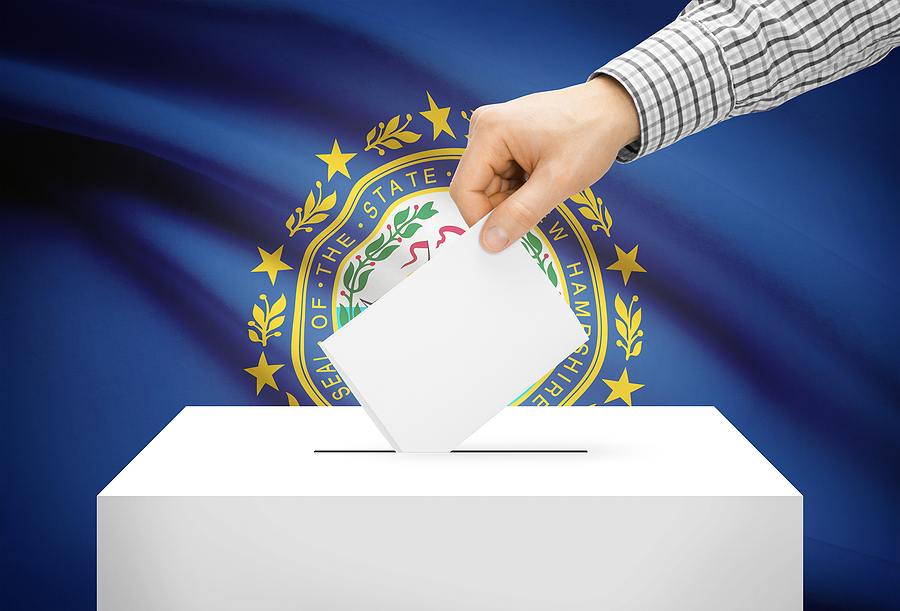
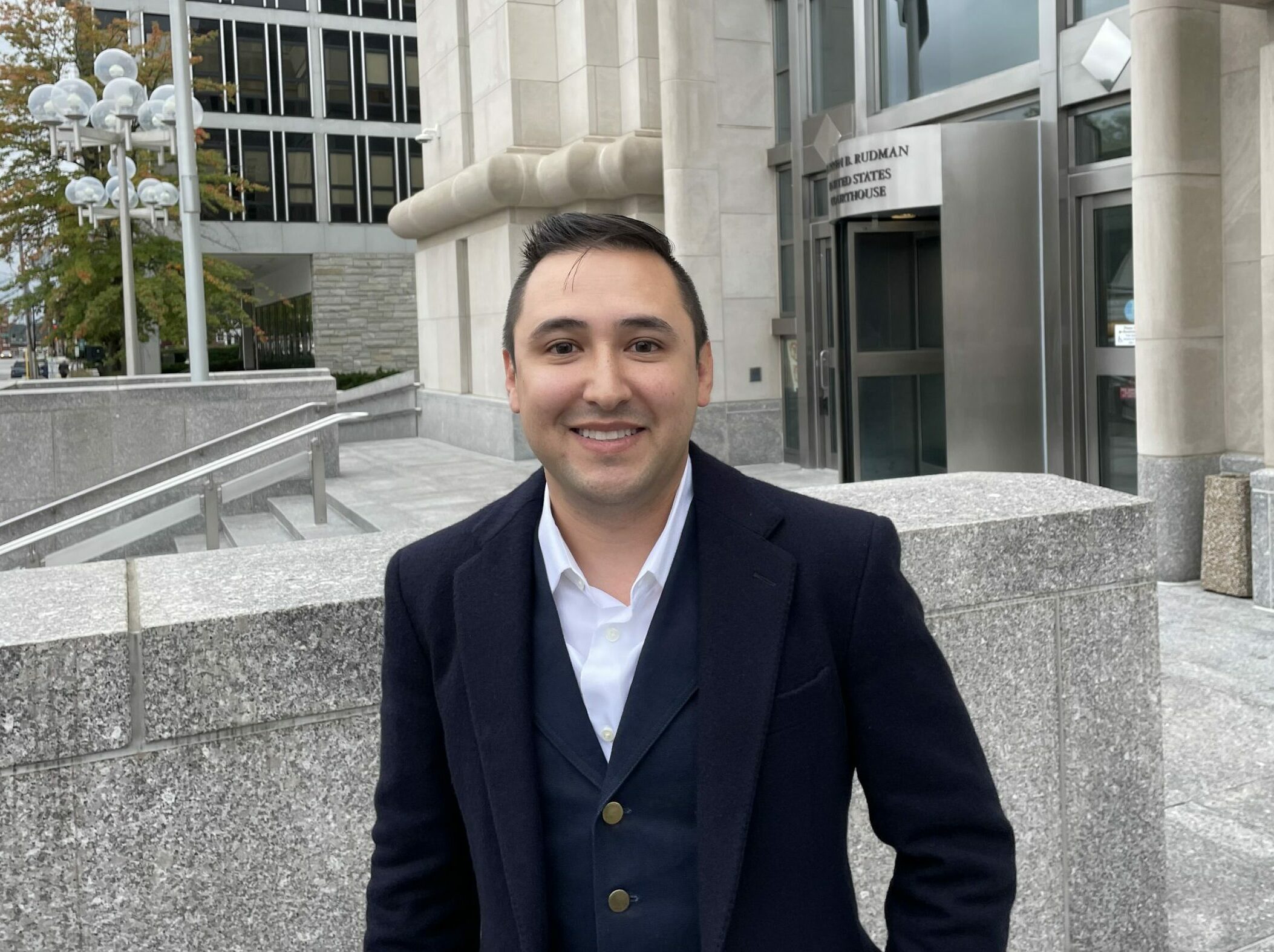

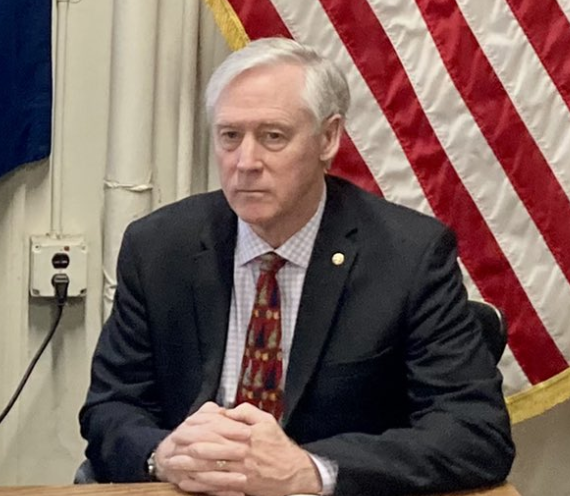
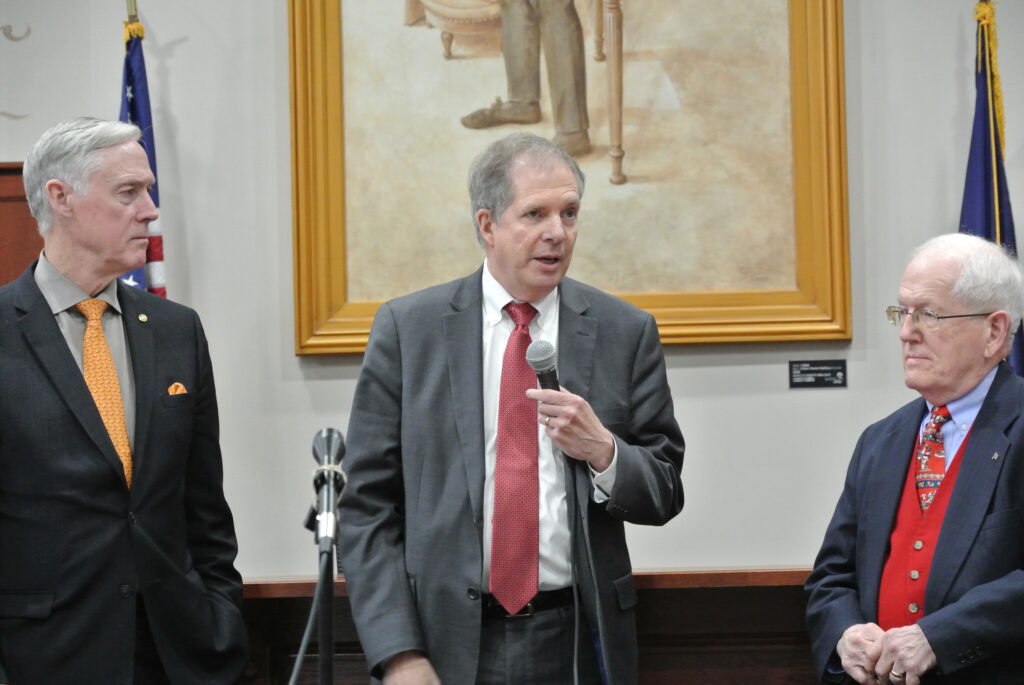
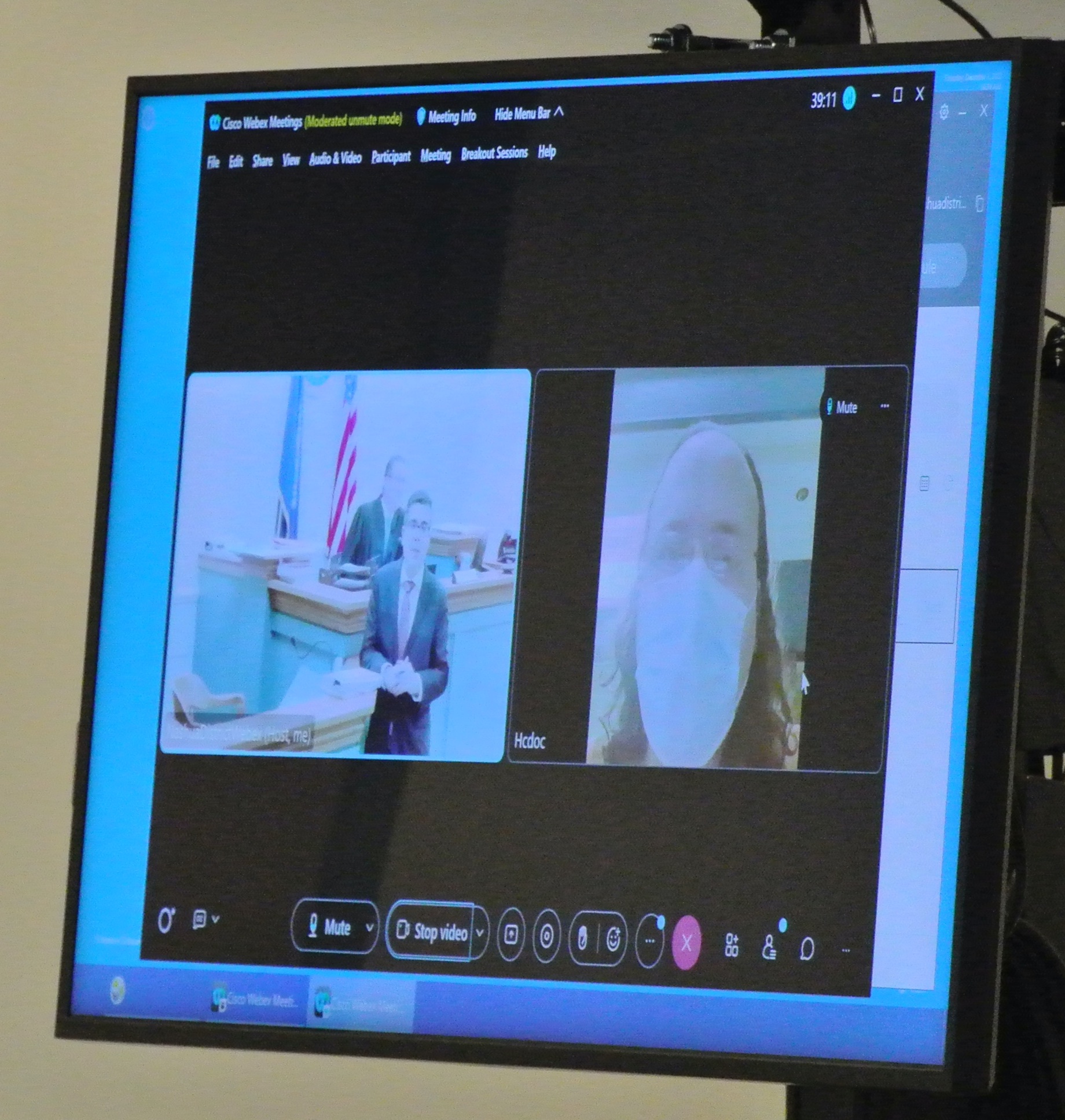
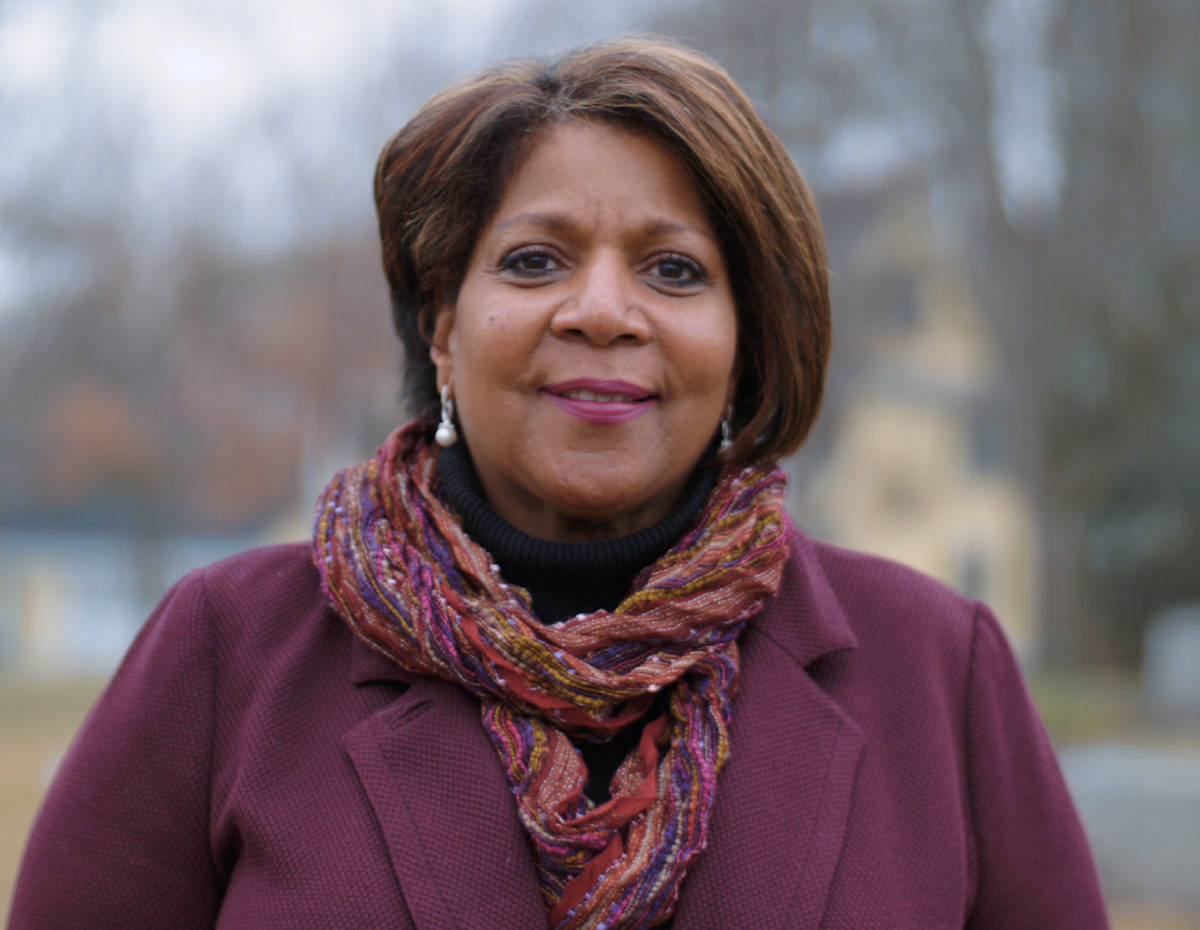
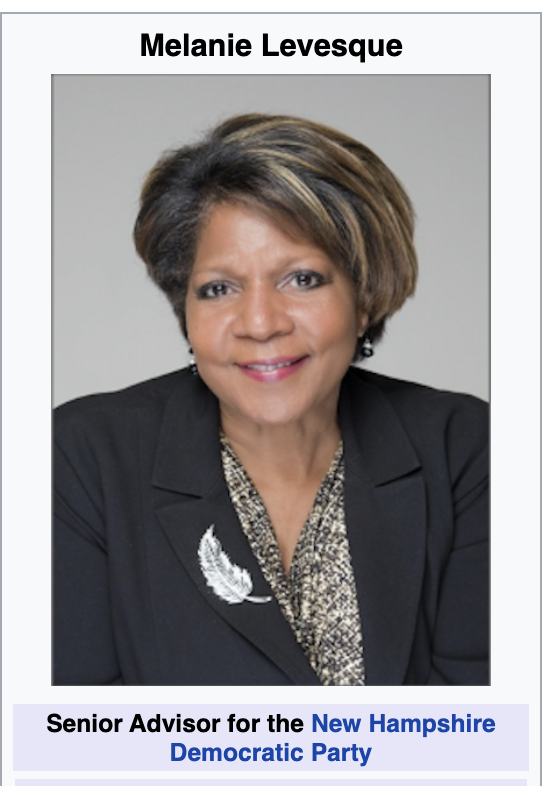 But Thursday morning, she dropped her recount demand and instead released a statement announcing her intent to challenge current Secretary of State David Scanlan. The secretary of state is selected by the state legislature.
But Thursday morning, she dropped her recount demand and instead released a statement announcing her intent to challenge current Secretary of State David Scanlan. The secretary of state is selected by the state legislature.